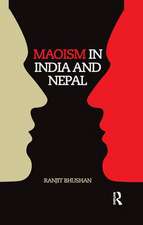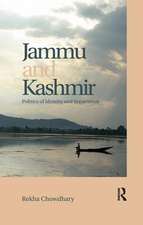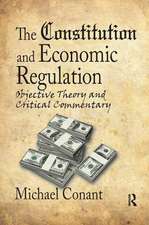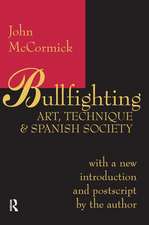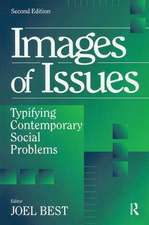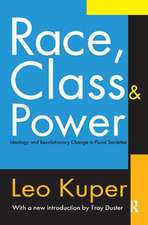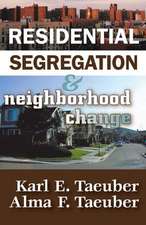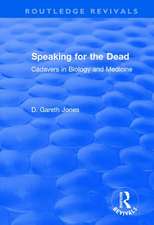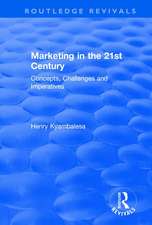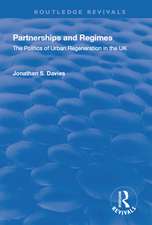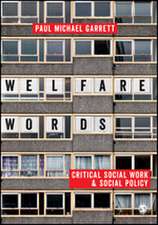Practicing Oral History to Improve Public Policies and Programs: Practicing Oral History
Autor Marella Hoffmanen Limba Engleză Paperback – 19 sep 2017
Packed with case studies from disciplines as diverse as medicine, agriculture, and race relations, as well as many examples from the author’s own work, this book provides an essential overview of the current state of the field within oral history for public policy and a complete methodology for the process of designing and implementing an oral history project. The comprehensive How To section demonstrates how to use the practice to advance the reader’s career, their chosen discipline and the public interest, whether their field is in oral history or in public policy.
This book is an important resource for oral historians, fledgling or experienced, who are keen to find new applications and funding for their work, as well as for professionals in the public and not-for-profit sectors who want to learn to use oral history to improve their own policies and programs.
Preț: 236.10 lei
Preț vechi: 286.17 lei
-17% Nou
Puncte Express: 354
Preț estimativ în valută:
45.18€ • 47.30$ • 37.38£
45.18€ • 47.30$ • 37.38£
Carte tipărită la comandă
Livrare economică 07-21 aprilie
Preluare comenzi: 021 569.72.76
Specificații
ISBN-13: 9781629584867
ISBN-10: 162958486X
Pagini: 160
Ilustrații: 14 Line drawings, black and white; 11 Tables, black and white
Dimensiuni: 156 x 234 x 13 mm
Greutate: 0.2 kg
Ediția:1
Editura: Taylor & Francis
Colecția Routledge
Seria Practicing Oral History
Locul publicării:Oxford, United Kingdom
ISBN-10: 162958486X
Pagini: 160
Ilustrații: 14 Line drawings, black and white; 11 Tables, black and white
Dimensiuni: 156 x 234 x 13 mm
Greutate: 0.2 kg
Ediția:1
Editura: Taylor & Francis
Colecția Routledge
Seria Practicing Oral History
Locul publicării:Oxford, United Kingdom
Cuprins
List of Figures. Foreword. Acknowledgments. Part I - Why Do It? 1. Let Them Tell You What Will Work - How Oral History Can Improve Public Policies and Programs 2. Standing on the Shoulders of Giants - Oral History as a Field 3. Case Studies Where Oral History Has Improved Policies and Programs, Locally and Globally Part II - Doing Your Own Oral History to Improve a Policy or Program - The Step-by-Step Guide 4. Your Own Oral History Project to Improve a Public Policy or Program - Planning It Stategically 5. Planning the Logistics of Your Oral History Project 6. Doing Your Oral History Interviews 7. Using Your Oral Histories to Influence the Policy or Program Part III - Twenty-First Century Solutions 8. Twenty-First-Century Solutions - Oral History as a Resource for Meeting the Complex Policy Challenges Ahead. Appendices. Some Key Concepts in This Book. Index.
Notă biografică
Marella Hoffman is a Fellow of the Royal Anthropological Institute, and has lectured or held research awards at universities in France, Switzerland, Ireland, the US, and at Cambridge University. She was for a decade chief editor of a public policy magazine for government in Cambridge. Her other books are Asylum under Dreaming Spires: Refugees’ Lives in Cambridge Today (2017); Savoir-Faire of the Elders in the French Mediterranean Hills (in French, 2016); and Magnets (2007). Her work also appears in international collaborations Human Rights and Good Governance: Building Bridges (2000); Location and Dislocation in Contemporary Irish Society: Emigration and Irish Identities (1997); and Cross-currents in European Literature (1993). Visit www.marellahoffman.com
Recenzii
"This accessible and practical handbook shows how first-hand testimony can be used to influence and impact public policy in a host of settings, from climate change to food policy to local planning."
Rob Perks, Lead Curator of Oral History, British Library
Rob Perks, Lead Curator of Oral History, British Library
Descriere
Practicing Oral History to Improve Public Policies and Programs is the first book to define the practice, explain how policy-makers use it, show how it relates to other types of oral history, and provide guidance on the ethics and legalities involved. It is an essential overview of the field and an important resource for oral historians.














